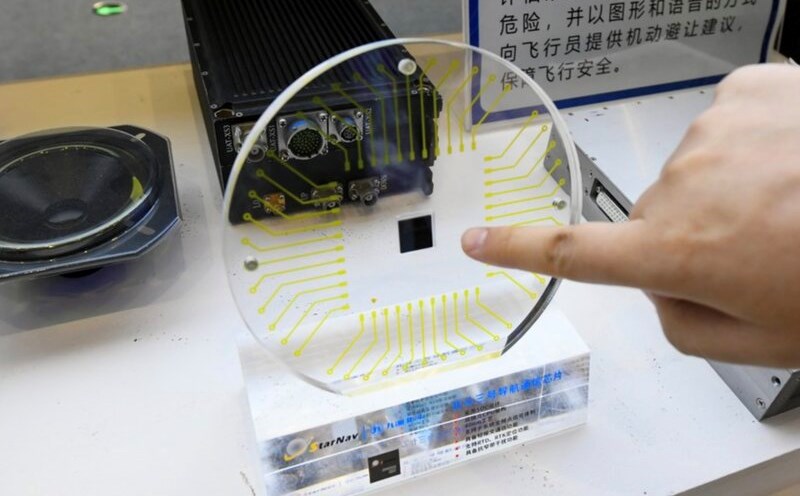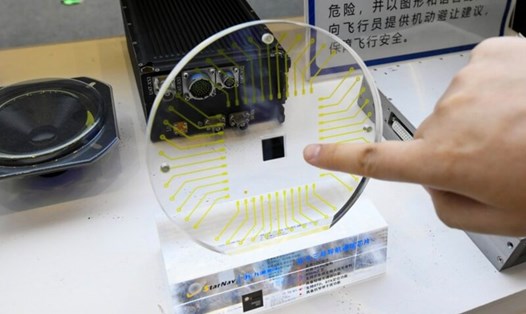RT reported on April 17, speaking at the Endless Frontiers Retreat Conference held in Austin, Texas, Mr. Michael Kratsios - Innovation Advisor of the White House - said that the US is holding technology that can "use" and "crossing time and space".
Mr. Michael Kratsios did not disclose details but emphasized the outstanding potential of US technology, while affirming that this is an important step in realizing President Donald Trump's vision of a "new golden age".
Kratsios, who has just been confirmed as the Director of the White House's Office of Science and Technology Policy, said that these technological advances will help bridge the gap, improve productivity and facilitate scientific discoveries beyond conventional limits. However, he did not provide any specific details about the technology that the US is holding.
The advisor also affirmed that overcoming the stagnation in the state apparatus is a prerequisite to maximize creativity and technological breakthroughs, thereby helping the US produce more effectively with less resources, while expanding existing limits in science and space.
Not long before, President Donald Trump hinted that the US possesses weapons without any concept of them. Speaking at the White House's Oval Office, Mr. Trump emphasized: "We have weapons that no one knows about and those are the most powerful weapons in the world that we have. Stronger than anyone, no one can even get close.
Mr. Trump has repeatedly made statements about secret military technologies, including super-class missiles that can fly 17 times faster than any type of missile that US opponents currently possess. However, there is no concrete evidence to date that the US has effectively deployed hypersonic weapons, while the Russian Federation and China have made remarkable progress in this area.
According to RT, Russia has included the Kinzhal missile system in its squad since 2017 and used it in the conflict in Ukraine. China also launched the DF-ZF supersonic surfer in 2019. Meanwhile, similar technological advances in the US are still in development.










